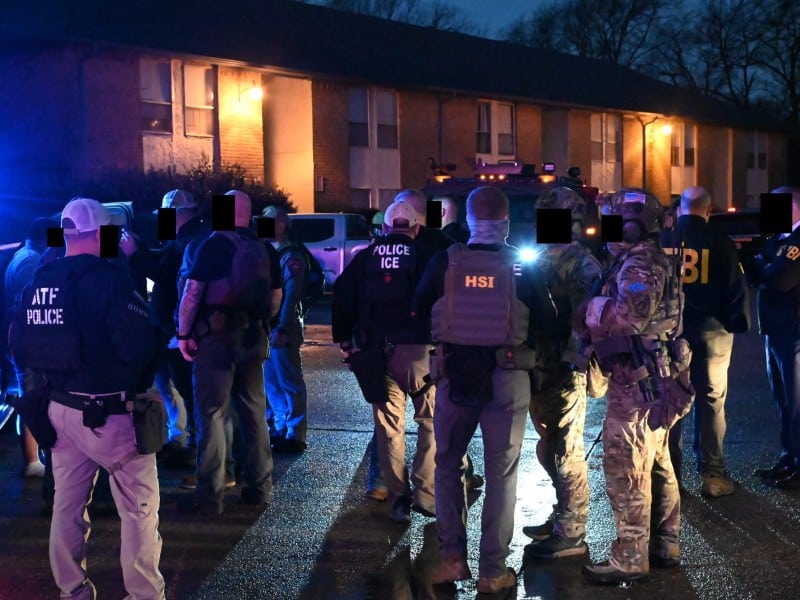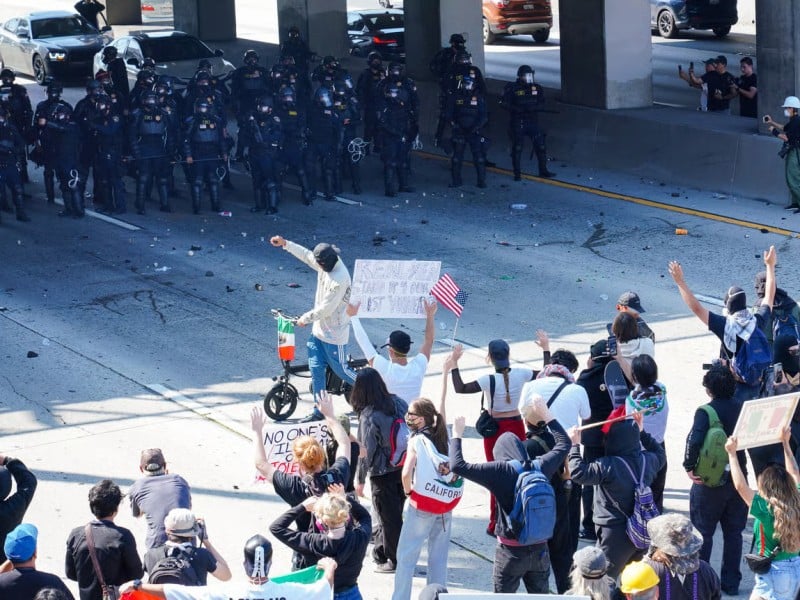Voter Fraud Myths Fact Checked: Your Guide to Challenging the False Fear
Election season always brings up a lot of talk about fraud, but did you know most of what you hear are either all-out lies or misconceptions designed to mislead or scare you?

Election fraud is a term that gets thrown around a lot. But for all the chatter, a lot of the claims you hear about voter fraud are actually based on myths that have been thoroughly debunked. From “dead people voting” to widespread claims of illegal ballots, let’s dive into some of the 7 most common election fraud myths and set the record straight. Ready to separate fact from fiction ahead of the 2024 Election? Let’s go:
Myth: Dead People Are Voting

This one gets a lot of attention because the idea that dead people are voting in elections is way out there. But is it actually happening? Well, no. Despite whatever zombie movie you just watched, dead people aren’t casting ballots from beyond the grave, and as it turns out, people aren’t voting with a deceased person’s identity either.
Here’s what’s actually going on: voter rolls can sometimes take a little time to update after someone passes away. If a deceased person is still listed, it doesn’t mean they’re voting—it just means the voter rolls haven’t been updated yet. Election officials regularly clean up these lists, and when cases are flagged, they investigate and fix any issues.
Additionally, when a vote is cast, there’s always an additional check depending on the state. That check could be a signature verification, a form of identification, an address cross-check, and a number of other safeguards states have adopted in order to maintain the highest level of voter integrity. A comprehensive investigation by the Washington Post found almost no verified cases of dead voters casting ballots. It’s an administrative hiccup, not a grand conspiracy.
Myth: Millions of Undocumented Immigrants Are Voting
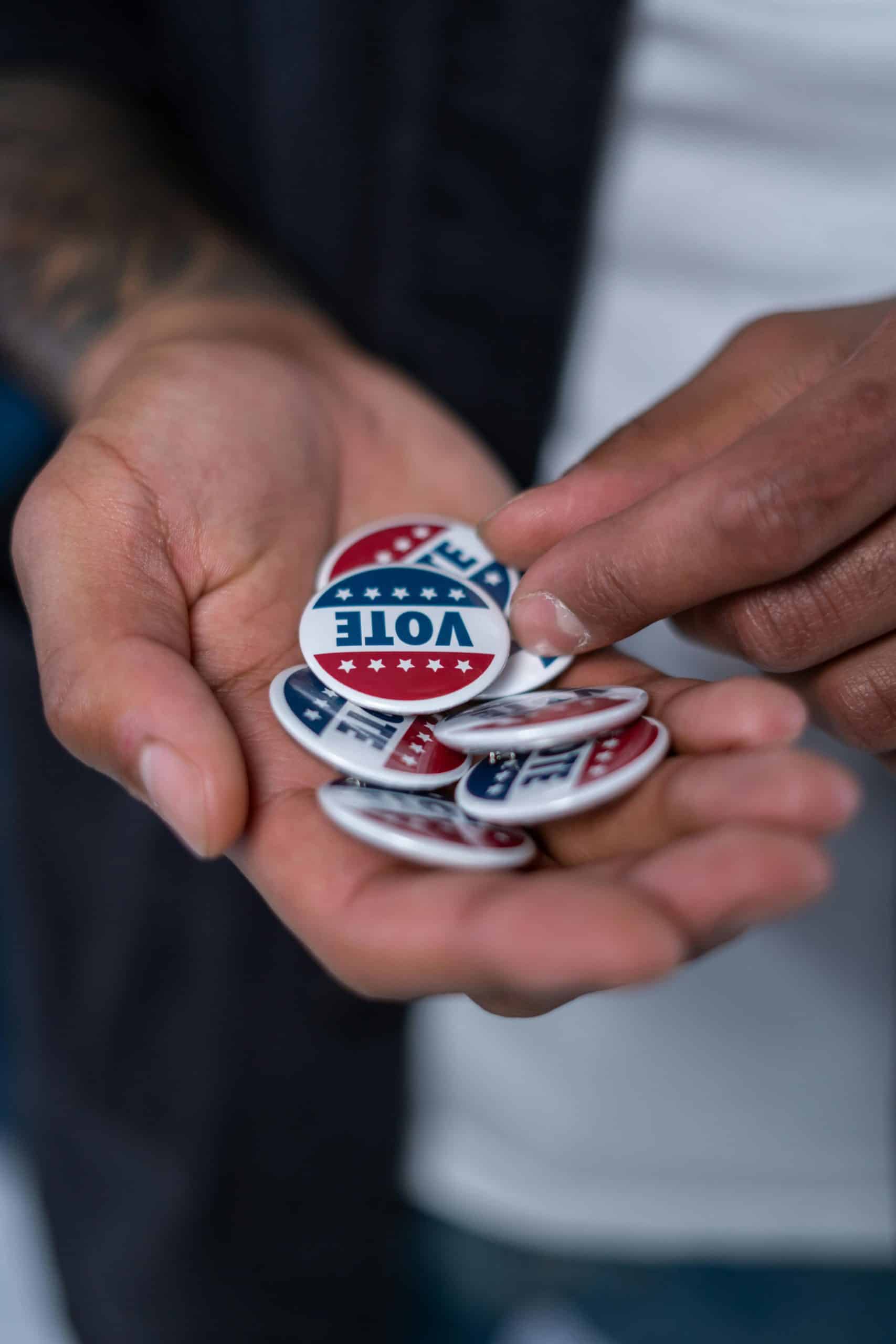
Another popular myth is that millions of undocumented immigrants are voting in U.S. elections, tipping the scales in favor of one candidate or another. However, there’s absolutely no evidence to support this claim.
Numerous studies, including one by the Brennan Center for Justice, have found that non-citizen voting in U.S. elections is exceedingly rare—so rare that it’s practically nonexistent. Voting systems have safeguards in place to prevent non-citizens from registering to vote, and those who are caught face serious legal consequences. So, the idea that millions of people are willing to risk not only jail time but also their very existence in a country they probably worked really hard to get to by secretly voting illegally is not only illogical but also not backed by any evidence.
Myth: Voting Machines Are Rigged

After elections, there’s often talk of voting machines being rigged or hacked to change votes. While this is the stuff of thriller movies, the reality is a lot less dramatic.
Voting machines are heavily regulated and tested for accuracy before, during, and after elections. There’s also something called a paper trail—many voting systems now include paper ballots or records to verify the results. After the 2020 election, several states conducted hand recounts to ensure the accuracy of the machine tally, and the results matched up.
While hacking concerns are valid in our tech-driven world, the actual likelihood of machines being hacked at scale is incredibly slim, thanks to rigorous testing and monitoring. And in a literal worst-case scenario where a hack was successful, the paper ballot record would serve as a mechanism to overcome any kind of digital manipulation.
Myth: Absentee/Mail Ballots Are More Prone to Fraud

With more people voting by mail than ever before, there’s been a lot of speculation that absentee ballots or mail-in ballots are more susceptible to fraud. The truth is that voting by mail is safe and secure, and it has been used in U.S. elections for decades.
No evidence has been found to support the idea that mail-in voting leads to widespread fraud. States have secure systems in place, such as signature matching, barcodes, and strict deadlines, to prevent any funny business. The Heritage Foundation, a conservative think tank, has documented only 1,561 proven cases of election fraud over several decades, a tiny fraction of the billions of votes cast in that time. That’s a minuscule rate of fraud when you consider the scale.
What is concerning here are recent cases of vandals who are attempting to destroy mail ballots in areas with heavy Democrat registration. It’s been reported that 2 ballot drop-off boxes were lit on fire, one in Portland and one near Vancouver, Washington, destroying an estimated 475 ballots in the Vancouver location alone. Tampering with ballots in federal elections is a federal crime punishable by a fine, up to 5 years in prison, or both. Officials are warning that if anyone suspects their ballot is missing, to check with your local election office. Many states now have real-time ballot tracking.
Myth: Ballot Harvesting Means Fraud
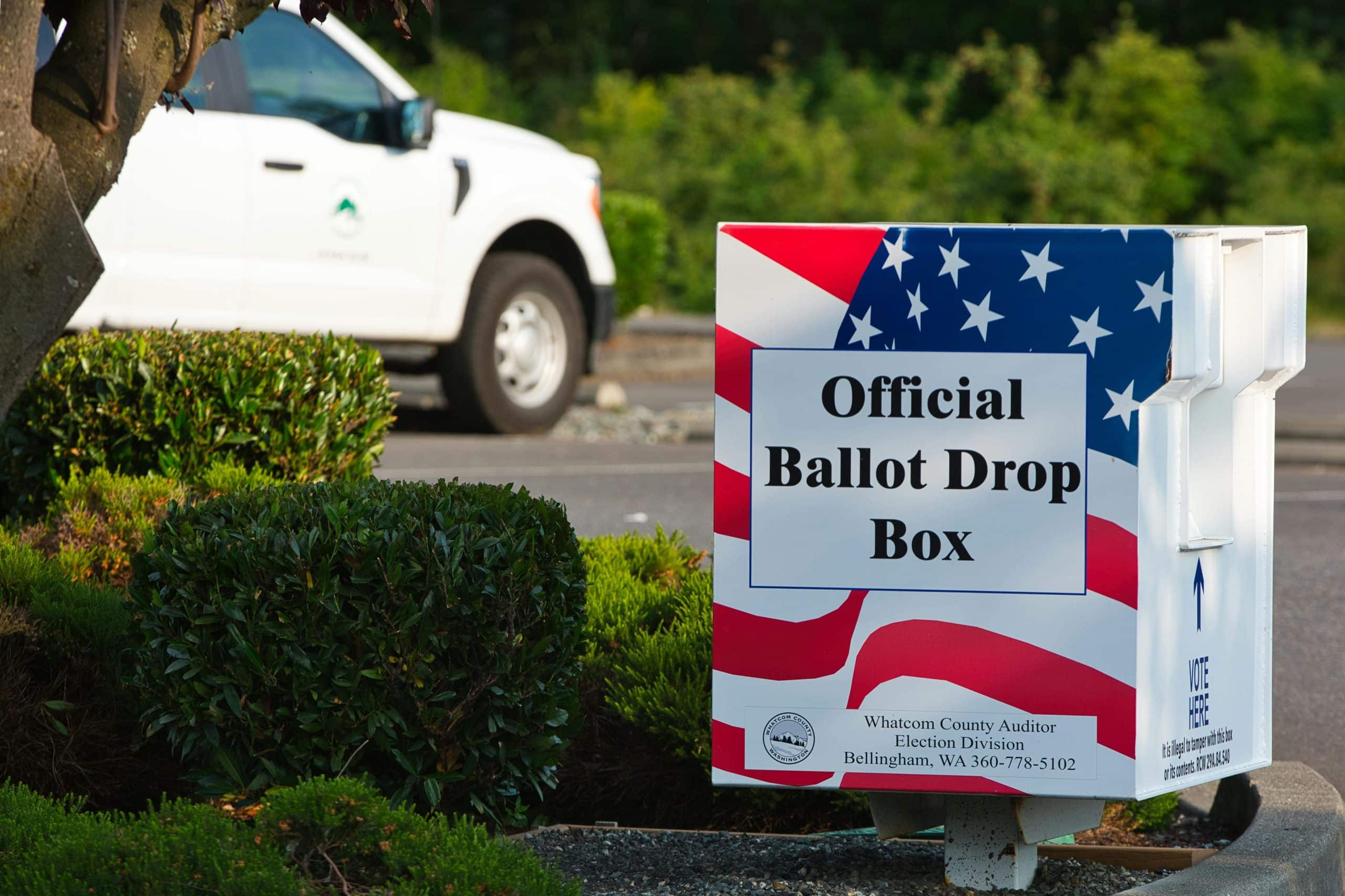
“Ballot harvesting” sounds sketchy, right? The term refers to third parties collecting and submitting ballots on behalf of voters. Critics often allege that this practice could lead to mass fraud.
While ballot harvesting is illegal in some states, it’s perfectly legal in others, and it’s not inherently fraudulent. For example, in states like California, it’s legal for a third party to collect and submit ballots for those who need assistance, such as the elderly or people with disabilities. The key point? States that allow this practice have regulations in place to ensure it’s done legally and ethically. If there’s abuse, authorities investigate, but the notion that ballot harvesting equals fraud doesn’t hold water across the board.
Myth: Double Voting Is Rampant
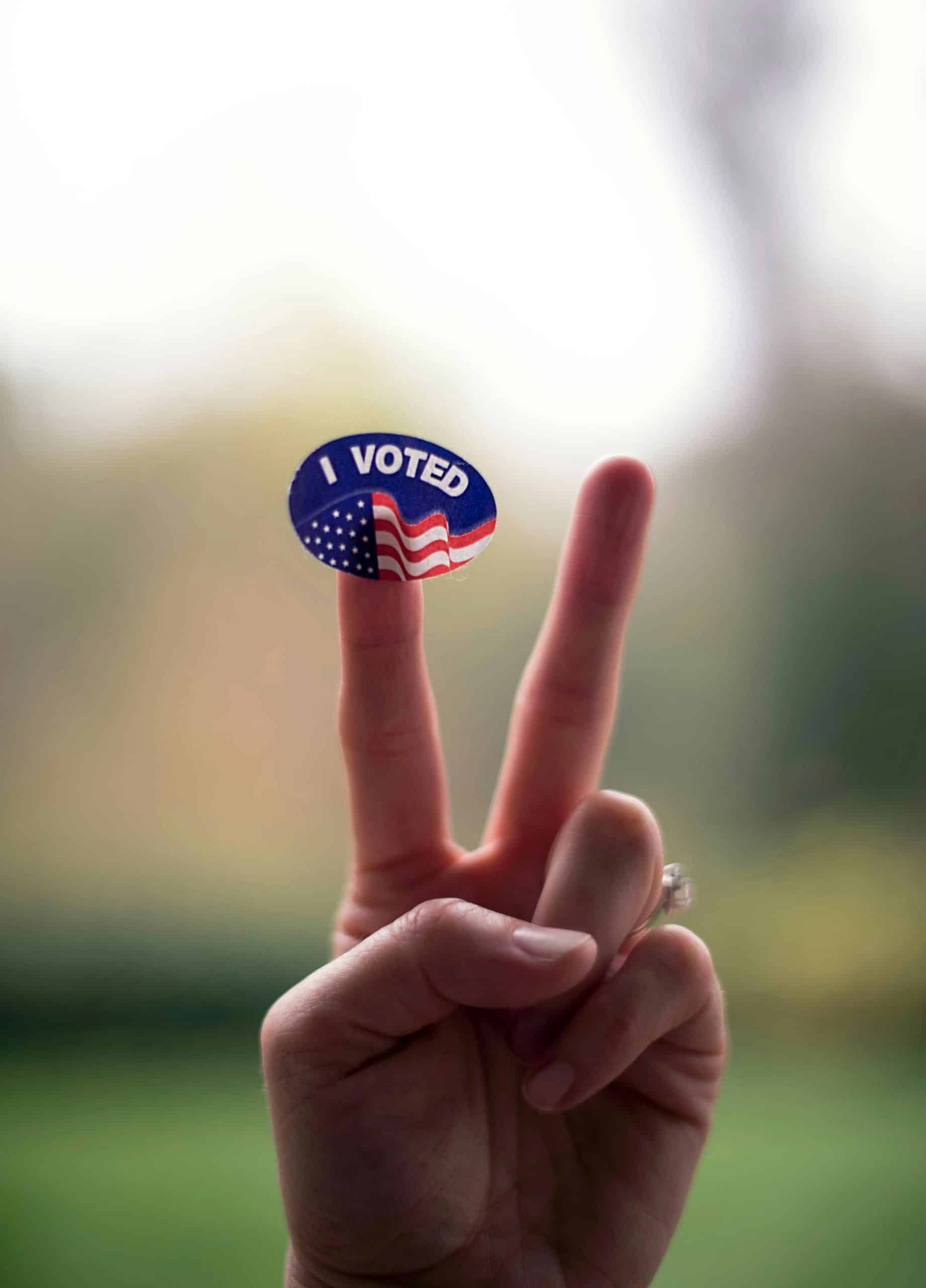
This myth claims that people are voting twice, either by submitting multiple ballots or voting in more than one state. But the truth is that double voting is very rare, and when it happens, it’s usually a mistake rather than malicious intent.
State voting systems are connected through national databases that track where people are registered to vote, preventing anyone from casting ballots in multiple locations. In cases where double voting has occurred, it’s typically flagged and investigated quickly, often leading to criminal prosecution. The system is designed to catch these errors, and it works.
Myth: Voter ID Laws Are the Only Way to Prevent Fraud
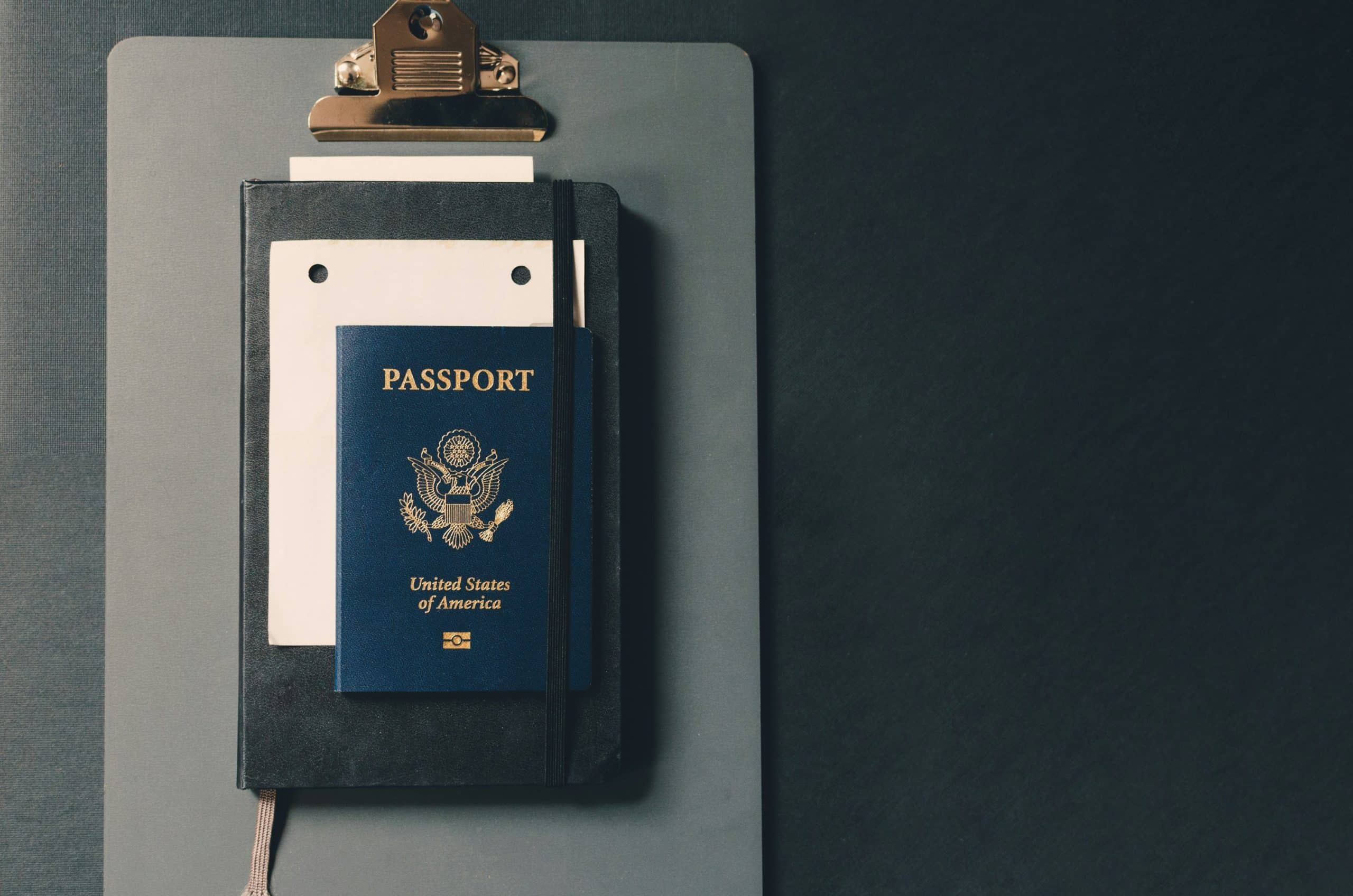
Some people argue that strict voter ID laws are the only way to prevent election fraud. Proponents of these laws claim that without them, it’s easy for people to vote illegally.
Voter ID laws are meant to prevent impersonation at the polls, but in reality, voter impersonation is one of the rarest types of election fraud. Studies have shown that requiring IDs can disenfranchise certain groups of voters, particularly low-income individuals, minorities, and the elderly, who may not have easy access to government-issued IDs.
Many states have adopted less restrictive measures, like signature verification, non-photo ID requirements, and social security number verification, which are just as effective without potentially blocking eligible voters from casting their ballots.
Myth: Election Fraud Is Widespread

Perhaps the biggest myth of all is that election fraud is widespread and happening all the time, affecting election outcomes in a major way.
According to both conservative and liberal-leaning think tanks, proven cases of election fraud in the U.S. are extremely rare. The conservative Heritage Foundation’s data, which found only 1,561 cases of proven voter fraud over 42 years, shows that while fraud has happened, it’s not even close to being as frequent as some people claim. In fact, when fraud does occur, it’s typically isolated to small, local elections, not big national races. By the Heritage Foundation’s own data, 1,562 cases over 42 years amount to 37 fraudulently cast votes per year. That number isn’t even capable of affecting all 50 states, let alone swinging the outcome of any election, local, state, or federal.
Election fraud is a serious issue, and any instance of fraud should be investigated. But when it comes to the big claims you often hear—dead people voting, millions of undocumented immigrants casting ballots, or voting machines being hacked—the data tells a different story. Election fraud is rare, and the systems in place to prevent it are sturdy and constantly improving. It’s important to be informed and stay aware because, when it comes to elections, the truth matters.


